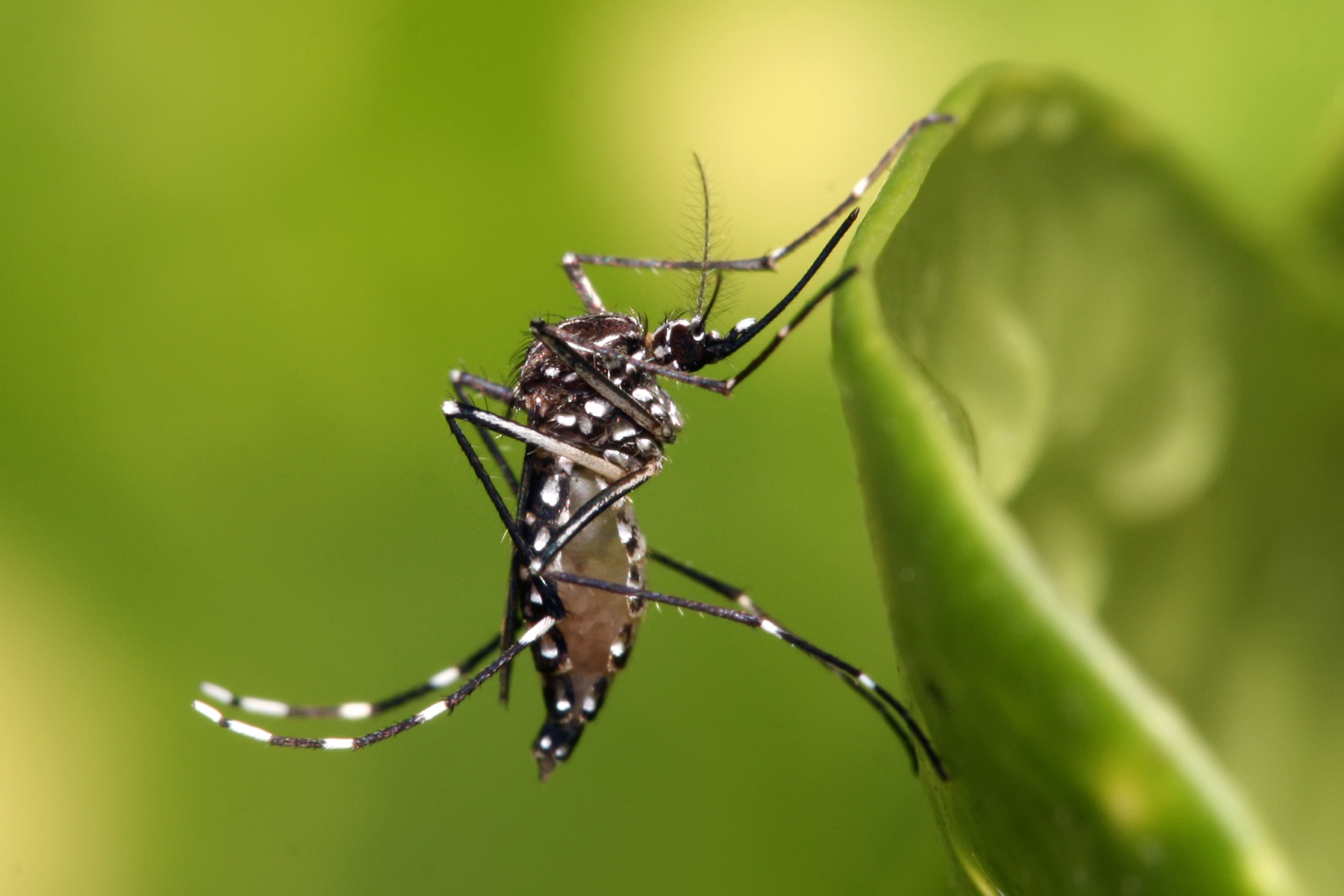Findings from a mouse study suggest that the Zika virus infection may have serious reproductive consequences for men.
Zika is a mosquito-borne virus that often produces no symptoms in men or women. Those who do have symptoms usually experience a minor rash, low-grade fever, pains, and red eyes. Running its course in a week or so, many people never suspect they are infected, especially during cold or flu season.
You've likely heard a lot about Zika because of its association with an epidemic of birth defects in infected pregnant women. The unborn child of a pregnant woman infected with the Zika virus is at significant risk of being born with a smaller than average head (a condition called microcephaly) and severe brain defects.
While Zika is well known for its impacts on pregnancy, recent mouse studies suggest that a Zika virus infection could also negatively impact the male reproductive system.
Zika Moves from Mosquito to Man
Named for the forest where the virus was first discovered in a rhesus monkey in 1947, Zika was not detected in humans until 1952. For more than 20 years, the virus quietly moved from Africa to Asia.
The first human outbreak was on the Pacific island of Yap in 2007. With 185 suspected cases, the World Health Organization (WHO) estimates 73% of the population of the island was infected with the virus over the next three years. No hospitalizations or deaths were reported as a result and the virus spread to other Pacific islands, French Polynesia, and then Brazil in March 2015. Since then, 48 countries and territories in the Americas have reported the Zika virus.

Countries with active Zika outbreaks.
As of May 3, 2017, more than 4,900 Americans have been infected with Zika while traveling, according to to the Centers for Disease Control and Prevention (CDC). Additionally, 301 people were infected by the virus within US borders.
As of now, we know that Zika spreads:
- Through the bite of an infected Aedes species mosquito.
- By transmission during pregnancy from mother to child.
- Through infusion with blood products that contain the Zika virus.
- Through exposure in a healthcare or laboratory setting.
- By sexual transmission, even when no symptoms are present.
To avoid exposing a partner to the Zika virus through sexual transmission, the CDC offers the following guidance:
- Men who have been exposed to the virus, or traveled through an area of Zika activity, are advised to wait for at least six months before trying to get their partner pregnant.
- Women considering pregnancy are advised to wait at least eight weeks after symptoms start, or their last possible exposure to the virus, before trying to get pregnant.
The possibility that Zika spread through sexual transmission was documented first in 2008 when an American researcher working in Senegal returned to his home in Colorado; His wife was infected with the virus within weeks.

Aedes Aegypti, one of the mosquitoes that carries Zika.
Study Raises Concern That Zika May Target Testicles
To study how the virus impacts the male reproductive system, researchers at the Washington University School of Medicine in St. Louis infected male mice with one of two mouse-adapted strains of Zika, and other mice with a related virus that causes dengue fever.
The Zika infection had pronounced impacts on the reproductive system of the mice, as reported in the journal Nature in October 2016, including:
- Within a week of infection with the virus, Zika was found within sperm cells and tissue responsible for sperm production, although the testicles still looked normal.
- By two weeks, testosterone levels and sperm motility declined.
- Zika infection caused tissue damage and testicular cell death that appeared to result in permanent shrinkage of the testicles.
- When paired with uninfected females, the reproductive damage in male mice resulted in reduced rates of pregnancy and healthy offspring.
- The dengue virus did not appear to target the reproductive organs of mice infected with that virus, unlike the Zika disease.
- Damage observed in the testicles appeared to result from Zika infection and a large inflammatory response to the infection by the mouse's immune system.
- Scientists believe the damage to the reproductive system, including reduced production of sperm and sex hormones, would be permanent.
We already knew that Zika infections persist in the sperm and male reproductive organs in humans for up to six months. Researchers continue to develop studies to understand the impact of Zika on male reproduction.
And to be clear: We can't say for sure if these mice-adapted Zika strains act as they would in humans. Plus, the mice were infected with very high quantities of virus that may not compare to the amount of virus when someone is infected through a mosquito bite. More virus could mean a more serious infection, a bigger inflammatory response by the immune system, and more severe effects of the virus.
In discussing this research and other studies looking at Zika and male fertility, Francis Collins, the director of the National Institutes of Health (NIH), said research is "now beginning to examine whether men who have been infected show evidence of similar damage and, if so, to what extent. They also hope to better understand why Zika specifically targets cells of the male reproductive system and whether the immune system contributes to causing the tissue damage."
Many important questions await answers from ongoing studies into Zika, its transmission, and impacts.
- Follow Invisiverse on Facebook and Twitter
- Follow WonderHowTo on Facebook, Twitter, Pinterest, and Google+
Cover image by David Goodwill/Wikimedia Commons




Comments
No Comments Exist
Be the first, drop a comment!